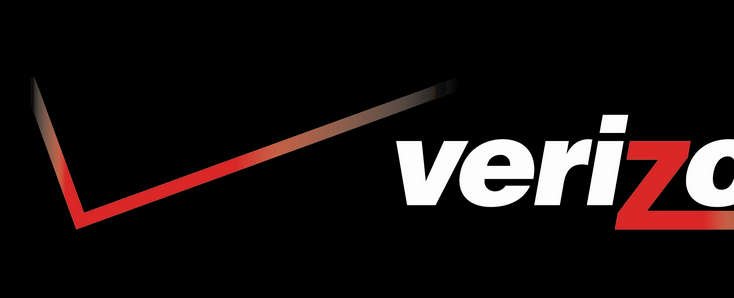3 Count: ISP Turnabout

Have any suggestions for the 3 Count? Let me know via Twitter @plagiarismtoday.
1: Supreme Court Asked to Review $222K Landmark File-Sharing Case
First off today, David Kravets at Wired reports that Jammie Thomas-Rasset has asked the Supreme Court to review a jury’s judgment against her, ordering her to pay $222,000 in damages for downloading two dozen songs on Kazaa.
Thomas-Rasset was the first person to defend herself against the RIAA file-sharing lawsuits, which stopped in 2008. She has had the damages portion of her trial replayed three times (with damages of #222,000, $1.92 million and $1.5 million in order) but, after every trial, the judge lowered the amount to $54,000 prompting a retrial. However, the appeals court in September reinstated the original $222,000 judgment, which is what Thomas-Rasset is now appealing to the Supreme Court, saying that the damages are so high that they are unconstitutional.
However, the odds don’t look good for Thomas-Rasset. A similar case with a file sharer Joel Tenenbaum, the Supreme Court refused to hear the case and let a $675,000 jury award against him stand. The Supreme Court has never agreed to hear a case against an alleged file sharer.
2: Verizon Determined to Expose BitTorrent Copyright Trolls
Next up today, Ernesto at Torrentfreak writes that, in a bit of turnabout, Verizon is seeking information from copyright “troll” organizations. A group of adult movie companies sued Verizon claiming that the ISP had ignored court orders and was not turning over subscriber information in a timely fashion. The companies sought to find Verizon in contempt of court and compel the company to respond to their subpoenas.
Verizon, however, is hitting back with a request for discovery against the companies, seeking information about who runs them and how they operate. The ISP has long grown weary of copyright “troll” lawsuits, which generally work by filing a single lawsuit against thousands of “John Doe” defendants to obtain a subpoena, against the alleged sharers’ ISPs, for their personal information. With that information in hand, the plaintiffs usually drop the original lawsuit and seek settlements with the suspected sharers.
Verizon hopes that the information will help them make educated decisions about when to turn over Bittorrent users’ identities and, possibly, gather information on the companies that can be used to end both their lawsuit against Verizon and their tactics in general.
3: Google: Copyright Removal Requests Spike to 2.5 Million Per Week
Finally today, Jennifer Martinez at The Hill writes that Google, in a recent blog post, announced that it is now processing more than 2.5 million removal requests per week, an increase from just one tenth of that six months ago. Despite the increase, Google now processes the requests more quickly than ever, usually within six hours.
According to the announcement’s author, Google Legal Direct Fred Von Lohmann, the spike began after Google introduced its new automated copyright infringement reporting system. That system also made it possible to provide Google’s transparency report, which provides data on the takedowns and the domains the effect.
In related news, Google also anounced that it is making the data from its transparency report downloadable in CSV format. The downloads will be updated daily.
Suggestions
That’s it for the three count today. We will be back tomorrow with three more copyright links. If you have a link that you want to suggest a link for the column or have any proposals to make it better. Feel free to leave a comment or send me an email. I hope to hear from you.
Want the Full Story?
Tune in every Wednesday evening at 5 PM ET for the live recording of the Copyright 2.0 Show or wait and get the edited version Friday right here on Plagiarism Today.
The 3 Count Logo was created by Justin Goff and is licensed under a Creative Commons Attribution License.
Want to Reuse or Republish this Content?
If you want to feature this article in your site, classroom or elsewhere, just let us know! We usually grant permission within 24 hours.
